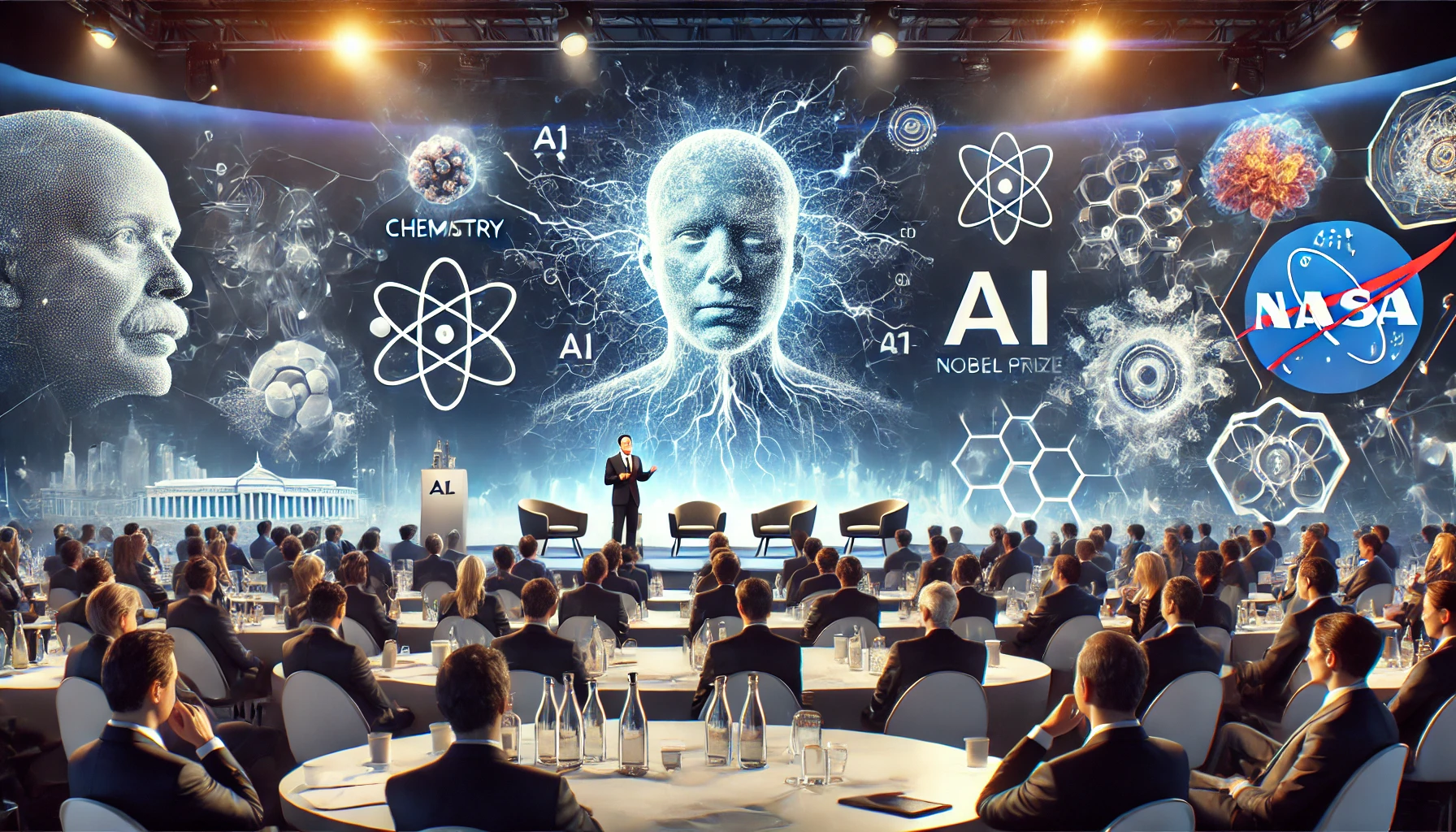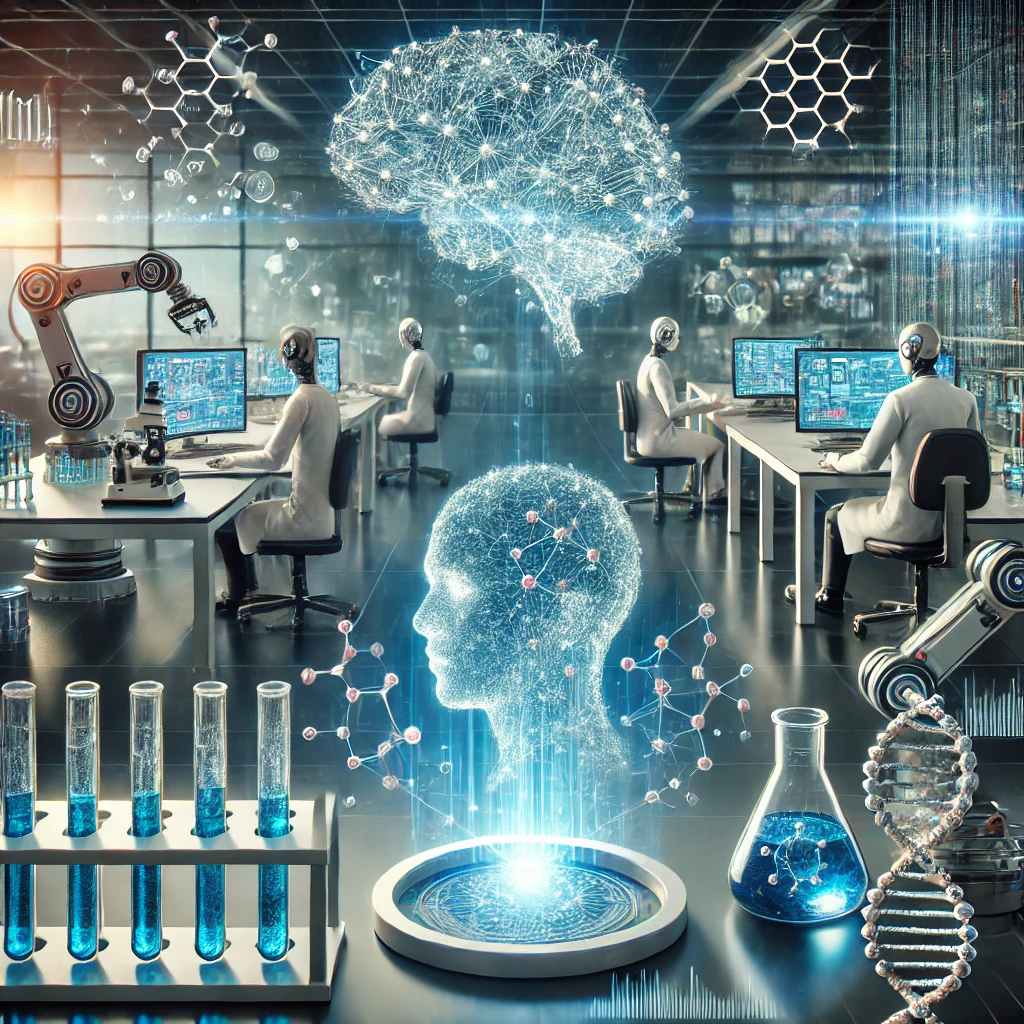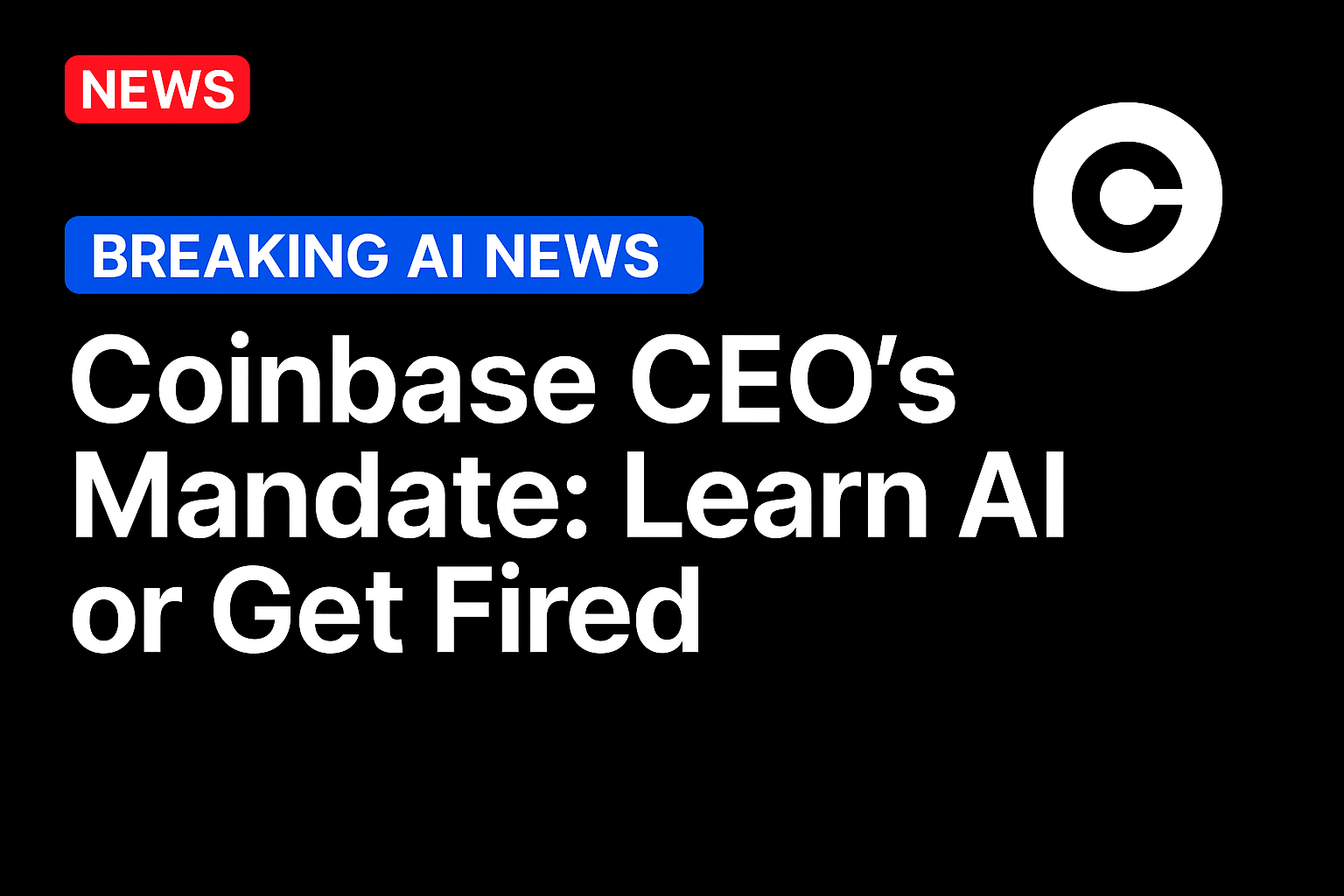Demis Hassabis, co-founder of DeepMind and joint winner of the 2024 Nobel Prize in Chemistry, recently shared his profound insights on the transformative potential of artificial intelligence (AI) during his keynote at the FT Pharma and Biotech Summit. Comparing AI’s anticipated impact to that of electricity, Hassabis underscored its sweeping influence across scientific research, healthcare, and beyond.
The “Electricity” Effect of AI
According to Hassabis, AI’s influence will be as foundational as electricity, serving as a “general-purpose technology” that powers advancements across industries. Just as electricity revolutionized the 20th century, AI, he explained, will drive a new era of discovery and innovation, with the ability to uncover complex patterns, analyze vast datasets, and facilitate breakthroughs at an unprecedented pace. This analogy highlights AI’s ability to become an indispensable part of daily life and essential infrastructure for progress in virtually every field.
AI and Chemistry: A Nobel-Worthy Intersection
Hassabis’ Nobel Prize in Chemistry was awarded for his work on developing AI models that predict molecular behaviors, a breakthrough that is transforming drug discovery and materials science. During the summit, he highlighted AI’s ability to predict molecular properties and reactions, which could expedite the development of new medications and sustainable materials. This AI-driven precision not only accelerates discovery but also reduces the costs and environmental impact associated with traditional research methods.
A Vision for the Future
Beyond science, Hassabis envisions AI playing a pivotal role in addressing global challenges, from climate change to healthcare accessibility. He emphasized the need for responsible AI development, encouraging collaboration between governments, corporations, and research institutions to ensure that AI’s benefits are widely accessible.
As AI continues to mature, the vision shared by Hassabis reinforces the technology’s potential to reshape our understanding of the world, transforming how we live, work, and innovate. His perspective serves as both a roadmap and a call to action, encouraging the scientific community and beyond to harness AI responsibly and ambitiously.





